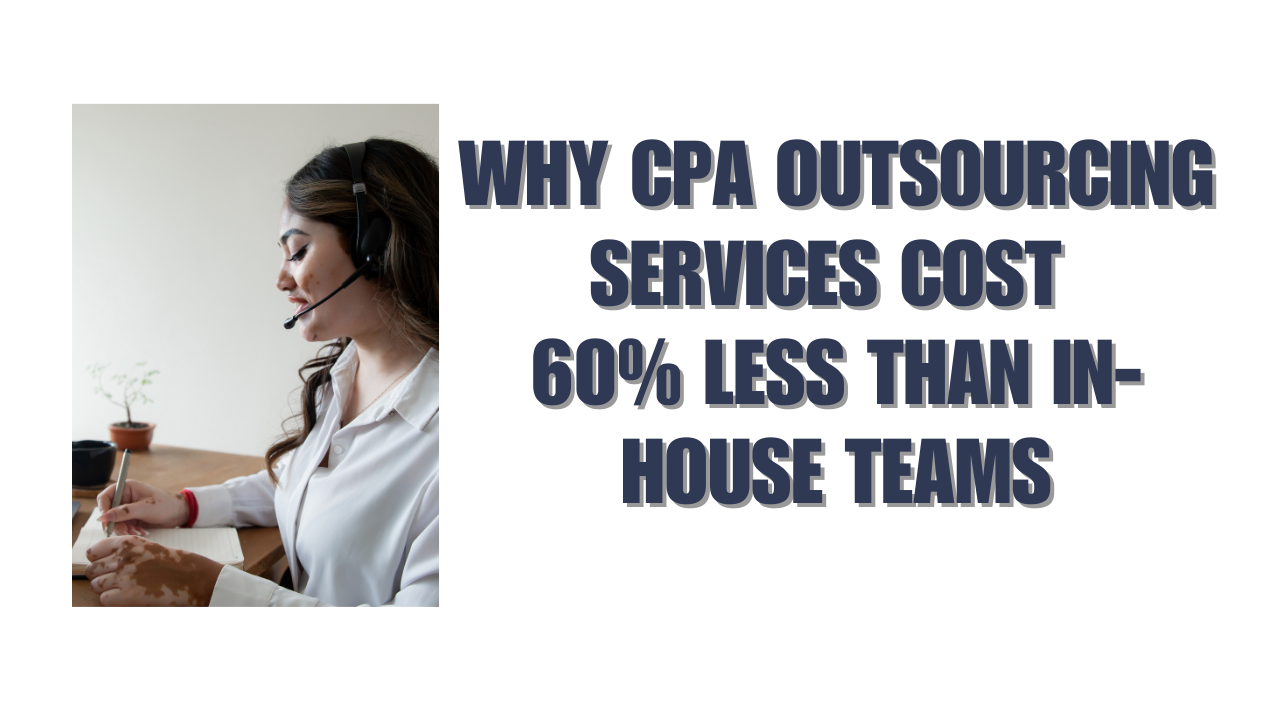Accounting services for small businesses in NZ can cost anywhere between $200 to $2000 per month. This represents a major expense that affects your business’s bottom line.
Bookkeeping and accounting might look alike, but they serve different purposes. We use bookkeeping to record financial transactions, and accounting analyzes these transactions. Your small business in NZ can save thousands by understanding this key difference.
A healthy budget needs careful tracking of expenses and income. Many business owners mix personal and business finances or miss tax deductions because of poor bookkeeping practices. The right approach to small business bookkeeping helps you stay compliant and manage your finances better.
Want to handle your books without spending too much? Let’s look at some practical money-saving tips that work for NZ businesses.
Understanding Small Business Bookkeeping Basics in NZ
Bookkeeping is the foundation of your small business’s financial health. It goes beyond number-crunching and creates a solid base for informed business decisions.
What bookkeeping actually involves
Bookkeeping involves recording and classifying all financial transactions in your business. The name comes from the original practice of using physical books and ledgers. The process has sections that track everything your business spends and receives. Modern bookkeeping includes several core functions:
- Recording sales and purchases
- Documenting expenses with supporting evidence
- Reconciling transactions against bank statements
- Managing accounts receivable and payable
- Processing payroll (for businesses with employees)
Accurate small business bookkeeping’s foundations are transaction recording and reconciliation. The reconciliation process requires regular cross-referencing of your business books against bank statements to ensure everything matches up—and spots discrepancies quickly.
Key financial records you must maintain
Small businesses in New Zealand must keep detailed records at least 7 years. These vital documents include:
- Financial statements (balance sheet, profit and loss statement)
- Income and sales records (invoices, receipts, bank statements)
- Expense records and proof of purchase
- Tax records (including GST returns if registered)
- Asset and liability records
Companies need mandatory additional records like board meeting minutes, written communications with shareholders, and a share register with ownership information. These records should be accessible and properly audited when needed.
NZ-specific bookkeeping requirements
New Zealand’s requirements differ from other countries. Your financial statements must follow the double-entry method of recording transactions and accrual accounting principles. On top of that, it requires small businesses to keep records in English or Māori, unless there’s written authorization for another language.
Small to medium-sized entities are nowhere near full XRB standards compliance. Notwithstanding that, they must produce special purpose financial reports for users like the Inland Revenue Department.
Companies that didn’t earn or spend more than NZD 51,168.31 during the income year and weren’t part of a company group might not need formal financial statements. Tax records remain necessary to calculate taxable income, expenses, and GST if registered.
Learning these basics helps you stay compliant and makes tax season less stressful. Up-to-the-minute data analysis of your business’s financial position enables better decisions throughout the year.
Setting Up a DIY Bookkeeping System That Works
Setting up your own bookkeeping system is easier than you might think. The right tools and routines will help you manage your small business finances in New Zealand without spending too much.
Essential tools for beginners
Your small business bookkeeping trip needs reliable accounting software. Xero and MYOB are popular choices in New Zealand that offer cloud-based solutions. You can access your financial data from anywhere. These platforms cost money upfront but end up saving you money with your accountant or bookkeeper since they can log in remotely to check your data.
Spreadsheets work well as a starting point if you’re on a tight budget. They need manual data entry and take more time as your business grows. Wave stands out as a free alternative that works great for sole proprietors and small businesses. It connects to unlimited bank accounts and lets you customize invoices.
Creating a chart of accounts
A chart of accounts (COA) lists your company’s financial accounts in order. Think of it as a filing cabinet where each transaction has its own drawer. Most charts have five main categories:
- Assets (bank accounts, inventory, equipment)
- Liabilities (loans, accounts payable)
- Equity (owner investments)
- Income (sales, interest)
- Expenses (rent, utilities, supplies)
A simple four-digit numbering system makes everything easier to track. Assets start with 1000, liabilities with 2000, income with 4000, and expenses with 6000. This setup makes tracking and reporting much easier.
Establishing daily and weekly routines
Good bookkeeping habits keep your finances in order. Your daily tasks should include:
- Recording all sales and transactions
- Scanning and saving receipts
- Checking cash flow
Weekly tasks matter just as much:
- Reconciling bank statements against your records
- Managing accounts receivable/payable
- Categorizing expenses properly
Bank reconciliation stands out as a crucial part of your weekly accounting routine. It helps you spot problems early. You’ll catch errors or unauthorized transactions before they turn into bigger issues.
These practices will give you a bookkeeping system that shows accurate, current information. This helps you make smart business decisions throughout the year.
Money-Saving Bookkeeping Strategies for Small Businesses
Smart strategies help you maintain accurate financial records without compromising quality while staying within your budget.
Free and low-cost bookkeeping resources
Small businesses now make use of cloud-based bookkeeping software to speed up financial tasks and minimize data-entry errors. Startups and budget-conscious operations will find simple functionality in free or low-cost tools perfectly suited to their needs.
Wave Accounting emerges as a standout option. This completely free platform provides expense tracking and invoicing capabilities without subscription fees. QuickBooks Online, FreshBooks, and Xero serve as other affordable alternatives. These platforms can:
- Pull transaction data directly from your point-of-sale systems and bank accounts
- Automatically send invoice reminders to customers
- Let you monitor cash flow from your mobile device
Xero and MYOB have created mutually beneficial alliances with training providers, and they sometimes include six months of free access.
Tax deductions often missed by NZ businesses
Your tax bill can be reduced legally by claiming all valid business expenses. Here are some commonly overlooked deductions:
- Home office expenses if you work from home (a percentage of rent, power, internet)
- Vehicle costs for business use (fuel, maintenance, registration)
- Entertainment expenses (50% deductible in many cases)
- Prepaid expenses before March 31st to claim in the current tax year
- Bad debts that have been written off
Note that the IRD requires you to save receipts for seven years.
DIY vs. Outsourcing Decision
DIY bookkeeping appeals to many, but outsourcing can make financial sense in certain situations. Professional help might be right if you:
- Don’t complete bookkeeping tasks on time
- Find it hard to understand your business’s financial position
- Spend too much time on books instead of revenue-generating activities
Bookkeepers typically offer tiered service levels based on your budget. You can start with simple services and add more as your business grows. This balanced approach will give a clear picture of where your money matters most.
Avoiding Costly Bookkeeping Mistakes
Small business owners can make bookkeeping mistakes even with the best planning. These errors create more than just tax season stress – they can have serious financial impact.
Mixing personal and business finances
The biggest problem in bookkeeping happens when owners mix personal and business funds. Using your personal account for business might seem easier at first, but this makes it hard to track your company’s financial health.
Separate accounts give you these key benefits:
- Better visibility of business finances
- Better cash flow control
- Easier tax preparation
- Protection of your personal assets from business risks
You should open a dedicated business bank account and get a business debit card to keep finances separate. Pay yourself a set “salary” from this account instead of using business money for personal needs.
Neglecting regular reconciliations
Bank reconciliation plays a vital role in accurate small business bookkeeping. You need to compare your records with bank statements to spot any differences or unusual patterns.
Your business faces these risks without regular reconciliation:
- Hidden fraud activities
- Wrong financial reports
- Poor cash flow calculations
- Problems with regulatory compliance
Bank reconciliation should happen monthly. This helps you find and fix issues before they become major problems. On top of that, it shows strong financial management during audits.
Poor record-keeping for GST claims
New Zealand’s GST-registered businesses must keep accurate records. The IRD requires you to maintain records for at least 7 years. The rules changed in April 2023, replacing tax invoice requirements with more flexible “taxable supply information” rules.
Business owners often make these GST mistakes:
- Missing receipt records
- Poor documentation for claims
- Not keeping records in English or Māori (unless approved otherwise)
- Wrong categorization of zero-rated goods and services
Most of these errors happen because of poor systems or inconsistent practices. Digital storage for receipts and clear procedures for GST-related transactions help avoid penalties.
Conclusion
Bookkeeping for small businesses might feel overwhelming at first. Becoming skilled at these fundamentals will save you time and money. Your business success depends on understanding NZ-specific requirements, setting up quick systems, and staying current with regular tasks.
Proper bookkeeping practices help you make better financial decisions and avoid getting pricey mistakes. Your business needs to stay compliant with IRD requirements. This means you should separate personal and business finances, keep detailed records, and perform regular reconciliations.
Note that bookkeeping shouldn’t drain your resources. You can manage costs by starting with simple tools and scaling up as your business grows. Your business will benefit from consistent financial records for years to come, whether you handle it yourself or get professional help.
FAQs
Q1. What are the essential bookkeeping records for small businesses in New Zealand?
Small businesses in New Zealand must maintain financial statements, income and sales records, expense records, tax records, and asset and liability records for at least 7 years. Companies may need additional records such as board meeting minutes and shareholder communications.
Q2. How can I set up a cost-effective bookkeeping system for my small business?
Start with reliable accounting software like Xero or MYOB, or use free alternatives like Wave for basic needs. Create a chart of accounts to organize your finances, and establish daily and weekly routines for recording transactions and reconciling accounts.
Q3. What are some commonly overlooked tax deductions for New Zealand businesses?
Often missed deductions include home office expenses, vehicle costs for business use, entertainment expenses (50% deductible in many cases), prepaid expenses before March 31st, and bad debts that have been written off. Always keep detailed records of all expenses for tax purposes.
Q4. When should I consider outsourcing my bookkeeping tasks?
Consider professional help if you’re consistently behind on bookkeeping tasks, struggle to understand your business’s financial position, or if the time spent on bookkeeping prevents you from focusing on revenue-generating activities. Many bookkeepers offer tiered services to fit various budgets.
Q5. How can I avoid common bookkeeping mistakes?
Keep personal and business finances separate by using dedicated business accounts. Perform regular bank reconciliations to catch discrepancies early. For GST-registered businesses, maintain proper records for at least 7 years and stay updated on the latest requirements for taxable supply information.





